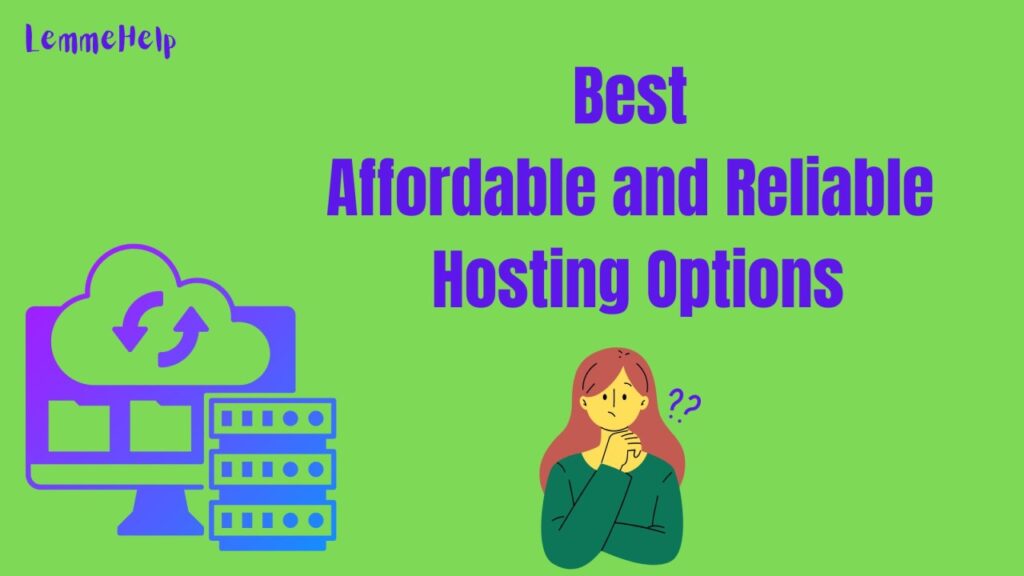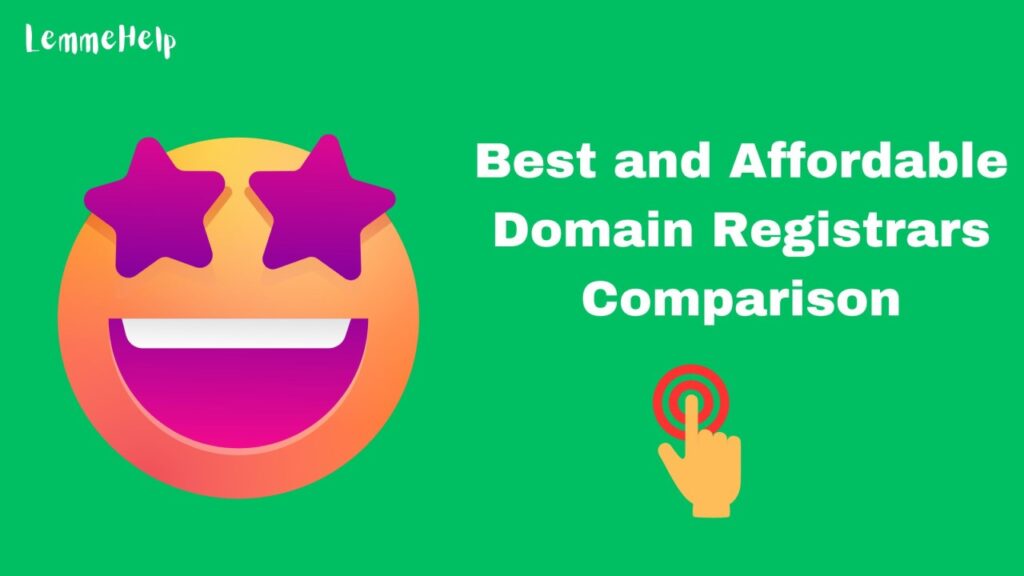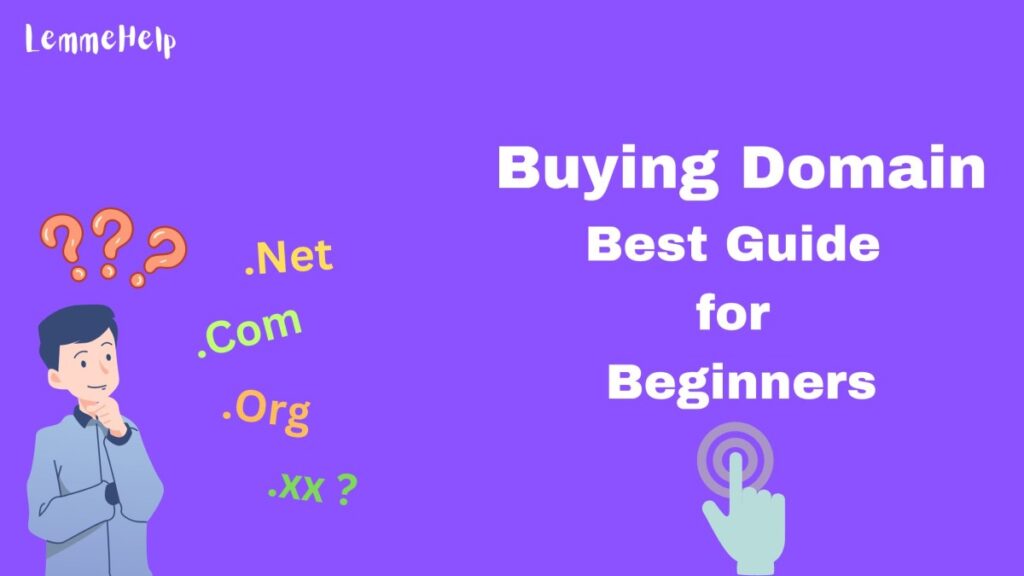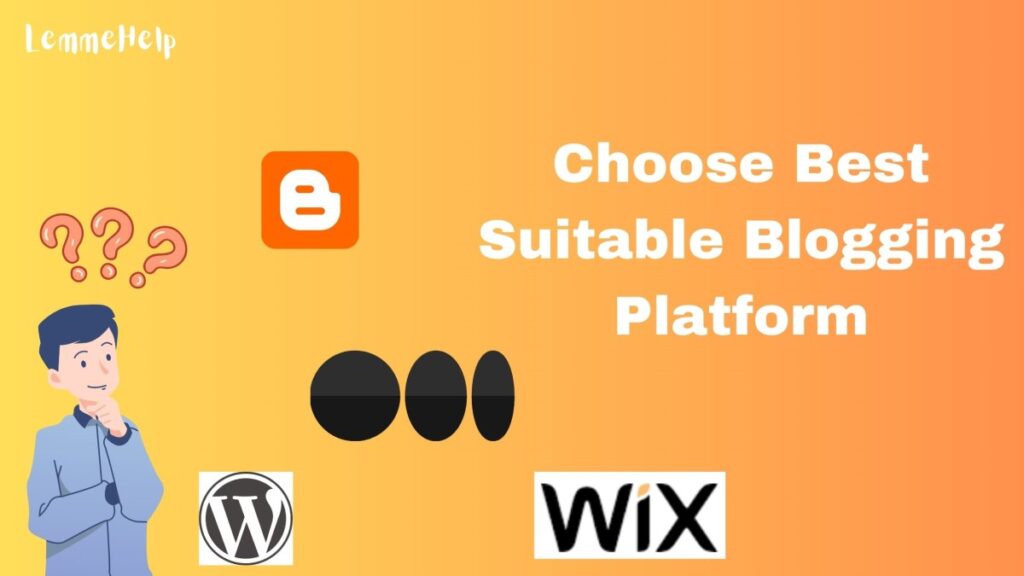
Choosing the Best Blogging Platform
In today’s digital era, blogging has become a popular way to share ideas, connect with like-minded individuals, and even earn a passive income. However, with numerous blogging platforms available, choosing the best blogging platform can be a daunting task. This article will guide you through the process of selecting the ideal blogging platform based on your specific needs and goals, which can help you to create own successful blog.
Table of Contents
Importance of Choosing the Right Blogging Platform
Selecting the right blogging platform is crucial as it sets the foundation for creating successful blog and making your online presence. A well-suited platform ensures seamless content creation, customization, and growth opportunities. It enables you to focus on what matters most—producing engaging content and connecting with your audience.
Factors to Consider to choose best blogging platform
Before diving into the different blogging platforms, it’s essential to consider the following factors when making your decision:
Purpose and Goals
Identify the purpose of your blog and the goals you aim to achieve. Whether you want to share personal experiences, educate others, or monetize your blog, understanding your objectives will help narrow down the choices.
Ease of Use
Evaluate the platform’s user-friendliness and the simplicity of its interface. A beginner-friendly platform will allow you to create and publish content effortlessly, even without technical expertise.
Customization Options
Check if the platform offers a range of customizable themes and templates. The ability to personalize your blog’s design helps create a unique brand identity and enhances user experience.
Scalability
Consider the future growth potential of your blog. Ensure the platform provides scalability options, allowing you to expand your blog as your audience and content library grow.
Blogging Platforms
WordPress: The Versatile Choice
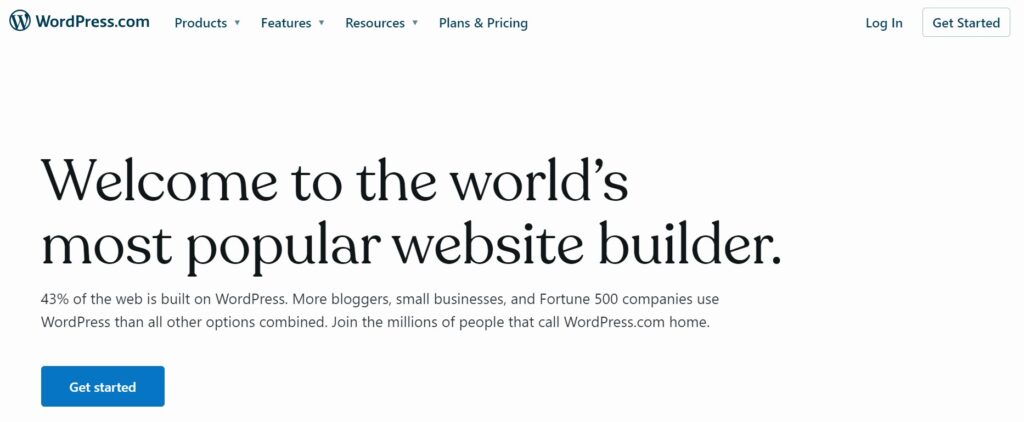
Image Credit: wordpress.com
As the most popular blogging platform, WordPress offers unparalleled versatility, making it suitable for both beginners and experienced bloggers. With its extensive collection of themes, plugins, and customizable features, WordPress empowers users to create unique and professional websites.
Pros:
- Full control and ownership of your blog
- Extensive customization options
- Large community and support
- SEO-friendly features
- E-commerce capabilities
Cons:
- Requires self-hosting and domain registration
- Steeper learning curve for beginners
- Regular maintenance and updates
Blogger: Simplicity and Ease of Use
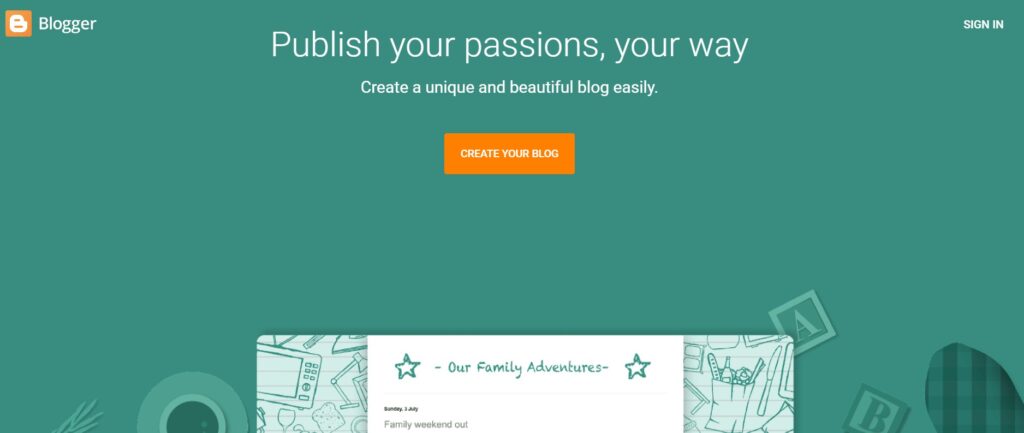
Image Credit: Blogger.com
Blogger, owned by Google, is a straightforward and user-friendly blogging platform. It requires minimal setup and offers a hassle-free blogging experience, making it an excellent choice for beginners or those who prioritize simplicity over advanced customization options.
Pros:
- Free and easy to set up
- User-friendly interface
- Integrated with Google services
- Basic customization options
- Reliable hosting and security
Cons:
- Limited customization and design options
- Limited scalability and advanced features
- Google can suspend or delete blogs for policy violations
- Limited support and community
Medium: Community and Built-in Audience
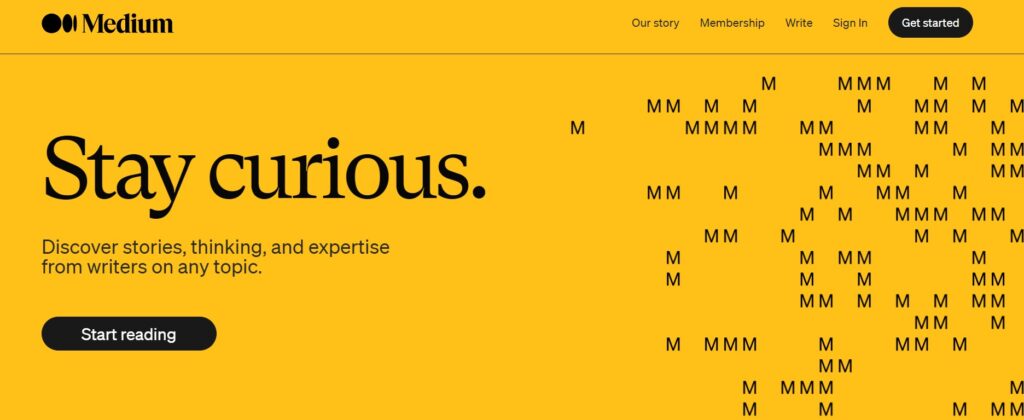
Image Credit: Medium.com
Medium is a platform known for its strong community and built-in audience. It provides an excellent opportunity to share your thoughts with a wider readership, gain exposure, and connect with like-minded individuals.
Pros:
- Free and easy to use
- Wide reach and potential for exposure
- No technical setup or maintenance
- Built-in community and social features
Cons:
- Limited customization and branding options
- Limited monetization options
- Lack of control over your content
- Dependent on Medium’s algorithms for visibility
Wix: User-Friendly Website Builder

Image Credit: WiX.com
Wix is a website builder that also offers blogging capabilities. It provides an intuitive drag-and-drop interface, allowing you to effortlessly create visually appealing blogs. Wix offers a range of professional templates and features suitable for bloggers looking for an all-in-one solution.
Pros:
- Easy drag-and-drop website builder
- Beautiful templates and design options
- Beginner-friendly interface
- All-in-one platform for website and blog
Cons:
- Limited blogging functionality compared to specialized platforms
- Limited scalability and advanced features
- Limited control over SEO optimization
- Wix branding on free plans
Squarespace: Professional and Elegant Design
Squarespace is renowned for its stunning and sophisticated designs. It offers a visually appealing platform with easy-to-use customization options, making it a great choice for bloggers who prioritize aesthetics and professionalism.
Ghost: Minimalist and Developer-Friendly
Ghost is a minimalist blogging platform designed for writers who prefer a distraction-free environment. It offers a simple and intuitive interface, along with powerful developer tools, catering to bloggers who prioritize writing and want a platform that’s free of unnecessary complexity.
Joomla: Powerful and Flexible CMS
Joomla is a content management system (CMS) that provides extensive customization and flexibility. Although it requires more technical knowledge compared to other platforms, Joomla offers advanced features for bloggers seeking more control over their website’s functionality.
Comparison of Pricing and Features
When choosing a blogging platform, it’s essential to compare the pricing and features offered by each option. Consider factors such as hosting, domain registration, storage, and additional features like e-commerce integration or SEO tools.
Considerations for Monetization and Growth
If your goal is to monetize your blog or grow it into a business, evaluate the platform’s monetization options, such as advertising, sponsored content, or selling products. Additionally, check if the platform supports essential features for growth, such as search engine optimization (SEO) and social media integration.
Tips for Choosing the Best Blogging Platform
To make an informed decision when selecting the right blogging platform, keep the following tips in mind:
- Clearly define your blogging goals and purpose.
- Research and explore different platforms to understand their features and limitations.
- Consider your technical skills and comfort level with customization.
- Read reviews and seek recommendations from other bloggers.
- Take advantage of free trials or demos offered by platforms to test their usability.
In summary, choosing the best blogging platform is a critical step towards creating awesome blog and building a successful online presence. Consider your goals, ease of use, customization options, scalability, and future aspirations. Whether you opt for the versatility of WordPress, simplicity of Blogger, or the built-in audience of Medium, finding the perfect platform will set you on the path to blogging success.
Suggested Read: Create Blog: The Ultimate Guide to Create Successful Blog
FAQs to select best blogging platform
Q1. Are there any free blogging platforms?
Yes, several platforms offer free plans, such as WordPress.com, Blogger, and Medium. These options allow you to start a blog without any upfront costs.
Q2. Can I switch platforms later if needed?
Absolutely, it’s possible to switch blogging platforms later; however, the process may involve some technical aspects, such as migrating content and redirecting URLs. It’s advisable to choose the right platform from the beginning to avoid unnecessary complications.
Q3. How can I make money from my blog?
There are various ways to monetize your blog, including advertising, sponsored content, affiliate marketing, selling products or services, and creating premium content behind a paywall. Choose a platform that supports your desired monetization methods.
Q4. Can I customize the design of my blog?
Most blogging platforms offer customization options, allowing you to modify the design and layout of your blog. However, the extent of customization may vary depending on the platform you choose.
Q5. Is it possible to migrate my existing blog to a different platform?
Yes, it’s generally possible to migrate your existing blog to a different platform. However, the process may require technical expertise and careful content migration to ensure a smooth transition.
Related Articles

